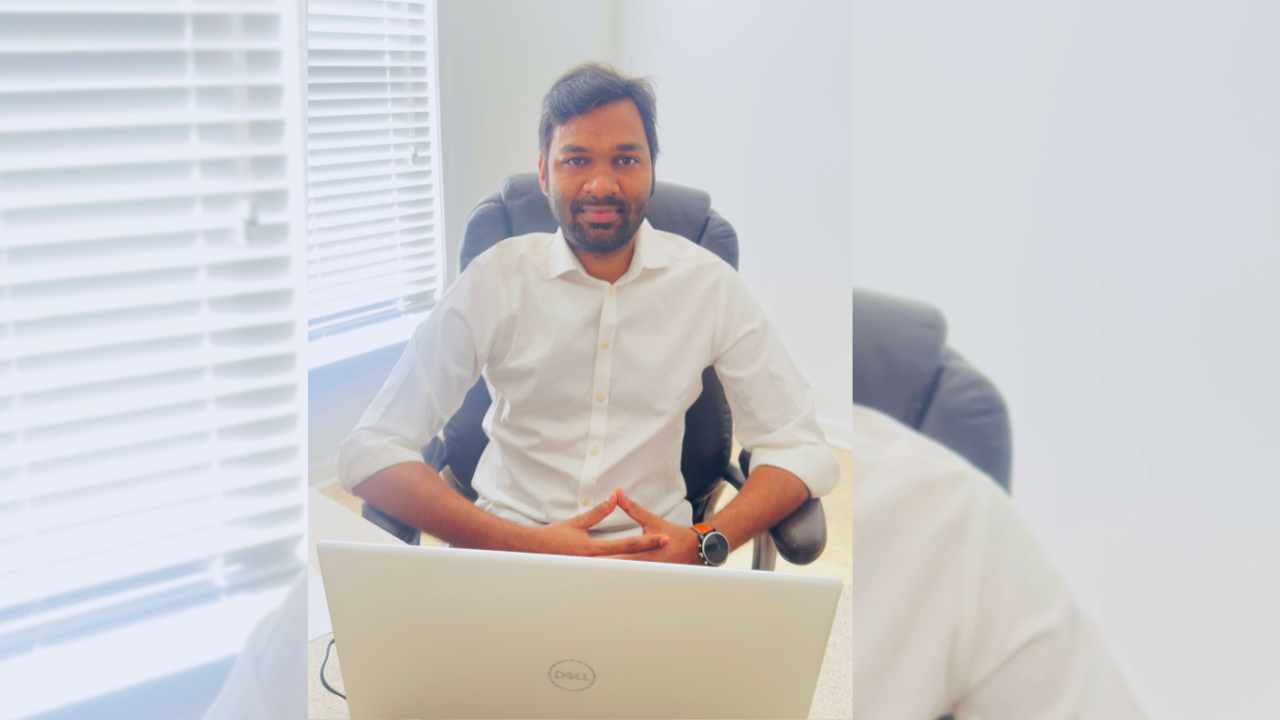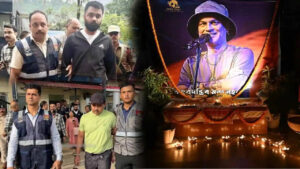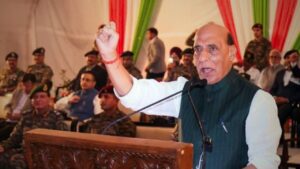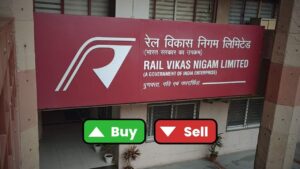Addressing accessibility challenges in digital platforms requires a blend of technical expertise and a user-centered approach. The evolving digital landscape has brought to light the importance of creating inclusive experiences that cater to diverse user needs, ensuring no one is left behind. This commitment to accessibility not only enhances usability for individuals with disabilities but also elevates the overall functionality and appeal of digital platforms. With innovative solutions and a focus on empathy, accessibility advocates are reshaping the way we interact with technology, paving the way for a more inclusive digital future.
Accessibility in digital platforms has long been a challenge, with designers and developers often grappling with the complexities of creating truly inclusive user experiences. Chakradhar Avinash Devarapalli, an accomplished front-end developer with years of experience, has emerged as a key contributor to addressing these challenges. The work in tackling accessibility barriers has led to significant advancements in digital inclusion, making a significant impact on the way diverse audiences interact with technology.
Devarapalli’s approach to accessibility is grounded in a commitment to ensuring digital experiences are seamless for users across varying abilities and devices. Drawing from a strong foundation in front-end technologies, he has been instrumental in identifying and addressing critical gaps in accessibility. The work includes implementing solutions that enable compliance with the Web Content Accessibility Guidelines (WCAG), fostering an inclusive design philosophy that transcends basic functionality.
The cornerstone of his work has been his efforts to integrate accessibility seamlessly into development workflows. Recognizing that accessibility is often treated as an afterthought, Devarapalli has championed the integration of accessibility-focused testing throughout the development lifecycle. From designing accessible navigation systems to implementing screen-reader-friendly components, his contributions reflect a holistic approach to building digital platforms that prioritize inclusivity.
A unique aspect of Devarapalli’s expertise is his emphasis on user feedback as a driver for accessibility improvements. In several projects, he collaborated closely with diverse user groups, including individuals with visual, auditory, and motor impairments, to better understand their needs and pain points. “This hands-on involvement has allowed us to design and deliver solutions tailored to real-world challenges, improving usability for all users” he mentioned. The dedication to this iterative, user-centric process has resulted in platforms that meet technical standards and also enhance the overall user experience.
In addition to his practical contributions, Devarapalli has gained recognition for the thought leadership in accessibility. Through his professional work, he has introduced innovative practices that prioritize inclusivity, such as utilizing dynamic content adaptability and custom ARIA roles to enhance interactivity. These advancements address common accessibility barriers in modern applications, setting a benchmark for industry standards.
Furthermore, one of the main characteristics of his career is that he has signified the impact of accessibility-focused activities. In one of his projects, his solutions improved the users’ engagement on the platform by improving the platform’s usability for disabled persons. Signs such as more time spent on the pages and the decreased bounce rate hint at the general worth of his input, to the users with accessibility issues, and to the other consumers of the platform.
Devarapalli’s scholarly pursuits further reflect his commitment to advancing accessibility. His articles, such as “Accessibility in User Interfaces: Confronting Common Challenges,” have provided valuable insights into the practical hurdles developers face and strategies to overcome them. “By documenting and sharing his approaches, Devarapalli says, “Creating a knowledge base that extends his influence beyond individual projects.” His writings are not just technical guides but also a call to action for a more inclusive digital future.
Another key domain in which he has done well is in raising awareness of teams about accessibility. In this way, he has shown that by establishing diversity-oriented workflows at the beginning of the project, teams are more likely to employ processes that result in more resilient solutions. He has worked to change organizational cultures to where accessibility is not an afterthought but a part of the user experience design process.
Devarapalli has the ability to work with technical knowledge and understanding of the user requirements to the core. The solutions often go beyond technical requirements, focusing on creating an experience where users of all abilities feel valued and empowered. The innovative methodologies and inclusive mindset continue to inspire others in the field, demonstrating the transformative power of accessibility in shaping the digital landscape.
By enhancing the quality of life for users with disabilities and developing the firm’s appreciation for the significance of ADA implementation, Chakradhar Devarapalli’s suggestions have been beneficial to the entire industry. Houston’s work should be remembered as a living testimony that technology can and should be used as a means and method of empowering everyone irrespective of the channel it forms. When it comes to the digital world that keeps growing at a record pace, people like a professional of Devarapalli’s level strive to ensure everyone can set foot in the new digital space.












